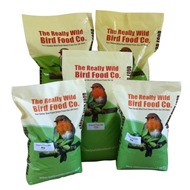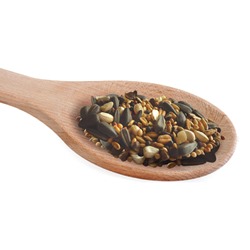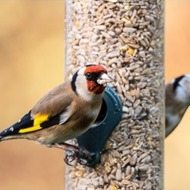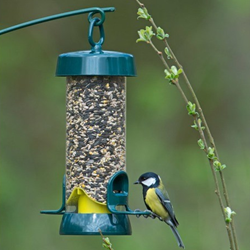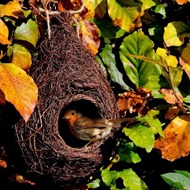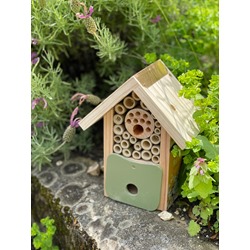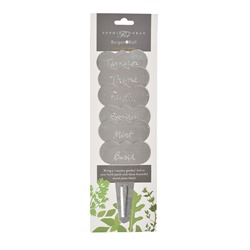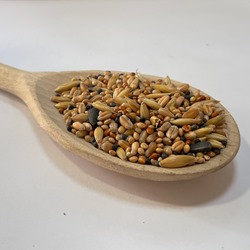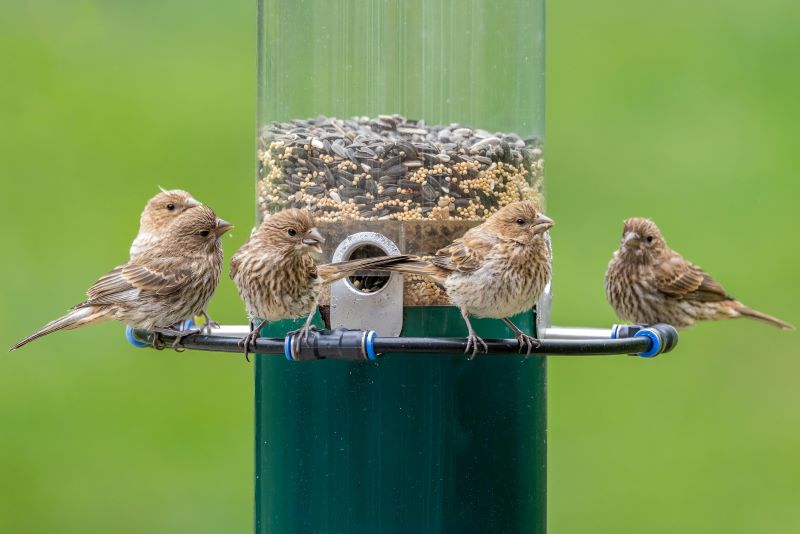
Trichomoniasis is a contagious disease caused by the protozoan parasite Trichomas gallinae. The disease affects the gullet and throat, making it difficult for birds to swallow and breathe, often leading to death from starvation and dehydration. Birds that are commonly affected by trichomoniasis include pigeons, doves, house sparrows and finches – in fact, the breeding greenfinch population in the UK declined from 4.3 million to 2.8 million since the emergence of trichomoniasis in 2005.
So, how is trichomoniasis treated in wild birds and are there any ways to prevent it from spreading? This blog will unpack everything you need to know about trichomoniasis in wild birds.
Is Trichomoniasis in Birds Always Fatal?
No, trichomoniasis in birds is not always fatal, the severity of the disease can depend on a variety of factors such as the parasite strain and the bird’s species and susceptibility. Young birds are more likely to be affected, as are pigeons, doves and finches. Some adult birds can even become resistant and carry the parasite without showing any signs of illness. For birds in captivity, if the disease is caught early, they can be treated with medication.
Trichomoniasis Treatments
There are a number of antibiotic treatments for trichomoniasis in birds, including medications like Metronidazole, Carnidazole and Ronidazole. These medications are usually administered through the bird’s drinking water. Some vets may also suggest providing birds with supportive care like electrolytes to help replace the essential salts and glucose that birds can lose due to the infection.
Can I Treat My Wild Birds as a Preventative Measure?
If you care for your garden birds, it is understandable that you will want to do anything possible to prevent them from getting this terrible disease, however, for wild birds that are not in captivity, this can be a near impossible task.
Infected birds will need to drink large quantities of the medicated water in a short time frame in order to get the correct dose and be effectively treated. While it is easy to keep track of which birds have been treated adequately when they are in captivity, keeping track and ensuring all of your wild garden birds get enough antibiotic is far less simple.
Garden birds source water from a range of places, including puddles, bird baths and streams, so it would be impossible to medicate all water sources at a therapeutic level that would be effective against the trichomoniasis microorganism. Plus, long-term exposure to sub-therapeutic levels of antibiotics can create drug resistance for wild birds, leaving them with no viable treatment solution if they were to catch the disease.
So, unless you are able to round up all of the birds in your neighbourhood to medicate them, sadly there is no prophylactic treatments available for garden birds. Check out the next section for our best tips on how you can help prevent the spread of trichomoniasis in your garden birds.
Trichomoniasis Prevention
Feeder Hygiene:
Trichomoniasis can be transmitted through saliva, food and water, so it is crucial that you stay on top of your feeder hygiene in order to keep the disease under control. Regularly clean your bird feeders and bird baths with hot, soapy water and disinfectant and make sure that you replace all water sources daily.
Food Management:
Only put enough food out for 1-2 days and dispose of any uneaten food regularly to prevent mould and pathogen build up. It may also be a wise idea to limit the volume of food you offer your wild birds as this can help to prevent birds from congregating in high-density areas where the parasite can easily spread.
Feeder Rotation:
Try to move your feeders to different locations every few weeks to prevent droppings and contaminated food from accumulating in one area.
Report Cases:
If you see birds with symptoms of trichomoniasis such as lethargy, fluffed-up feathers or difficulty swallowing, report it to the Garden Wildlife Health (GWH) project.
By following these tips, you can help to control the spread of trichomoniasis and keep your garden birds healthy and thriving!
If you have any questions about trichomoniasis in wild birds, please don’t hesitate to get in touch and a member of our team will be happy to give you some advice.
Get in Touch
 Back
Back Bird Foods
Bird Foods
 Seed Mixes
Seed Mixes Straight Seeds
Straight Seeds Mealworms & Worms
Mealworms & Worms Chicken Feed
Chicken Feed Duck Food
Duck Food Peanuts & Peanut Butter
Peanuts & Peanut Butter Suet & Fat Balls
Suet & Fat Balls No Mess Bird Seed
No Mess Bird Seed Wheat Free Bird Seed
Wheat Free Bird Seed Sunflower Seeds
Sunflower Seeds Softbill Bird Food
Softbill Bird Food Bulk Bird Seed
Bulk Bird Seed Trial Packs
Trial Packs Pick & Mix
Pick & Mix Mini Pick & Mix
Mini Pick & Mix Birdie Basics: Budget Bird Food
Birdie Basics: Budget Bird Food Food for Small Birds
Food for Small Birds Back
Back Bird Feeders
Bird Feeders
 Seed Feeders
Seed Feeders Peanut Feeders
Peanut Feeders Peanut Butter Feeders
Peanut Butter Feeders Suet & Fat Feeders
Suet & Fat Feeders Window Feeders
Window Feeders Hanging Feeders
Hanging Feeders Feeding Stations
Feeding Stations Ground Feeders
Ground Feeders Easy Clean Feeders
Easy Clean Feeders Bird Tables
Bird Tables Seed Trays
Seed Trays Bird Baths & Drinkers
Bird Baths & Drinkers Feeder Accessories
Feeder Accessories Feeder Hygiene
Feeder Hygiene Squirrel Proof Bird Feeders
Squirrel Proof Bird Feeders For the Kids
For the Kids Niger Seed Feeders
Niger Seed Feeders Mealworm Feeders
Mealworm Feeders Bird Food Storage
Bird Food Storage Fat Ball Feeders
Fat Ball Feeders Tube Feeders
Tube Feeders



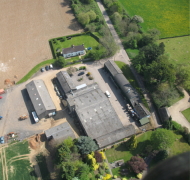 Our Farm
Our Farm
 Tips & Advice
Tips & Advice
Contact Us

